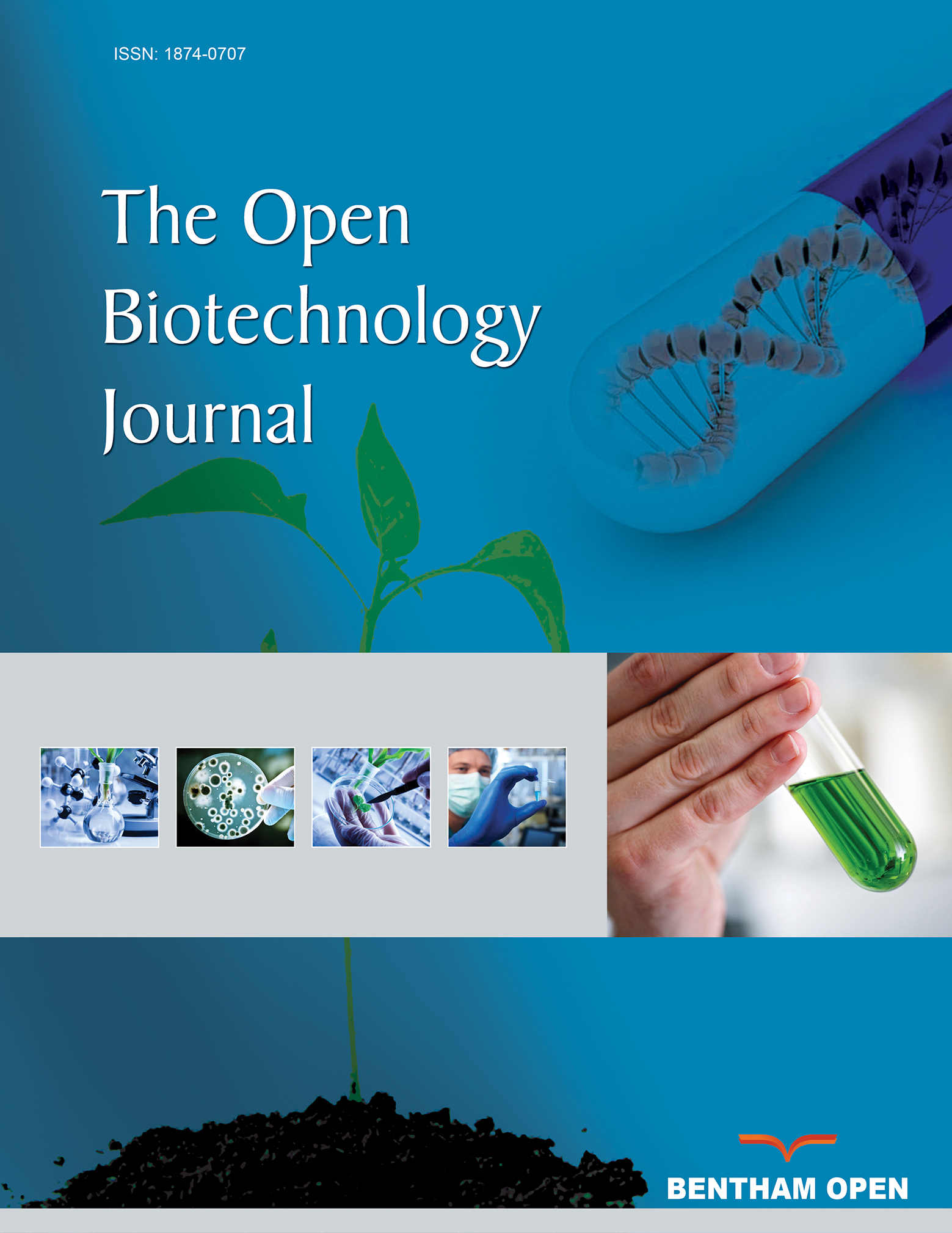All published articles of this journal are available on ScienceDirect.
Characteristics and Microbial Succession in Co-Composting of Oil Palm Empty Fruit Bunch and Partially Treated Palm Oil Mill Effluent
Abstract
Microbial communities and cellulolytic enzymes activities were analyzed during the co-composting of empty fruit bunch (EFB) and partially treated palm oil mill effluent (POME) in pilot scale. The physicochemical parameters were also measured during the composting. The diversity of the bacterial community was investigated using polymerase chain reaction-denaturing gradient gel electrophoresis (PCR-DGGE). The results indicated that the composting process of EFB with partially treated POME was dominated by uncultured bacteria species. The dominant bacterial group changed from the phylum proteobacteria in the thermophilic stage to the phylum chloroflexi in the maturing stage. Scanning electron microscope (SEM) analysis exhibited the significant degradation of EFB structure during the composting process. The maximum cellulase activity for carboxymethylcellulase (CMCase), filter paperase (FPase) and β-glucosidase were 13.6, 4.1 and 20.3 U/g of dry substrate, respectively at day 30 of composting. The results of this study significantly contributed to a better understanding of mechanisms involved in co-composting process in pilot scale.


